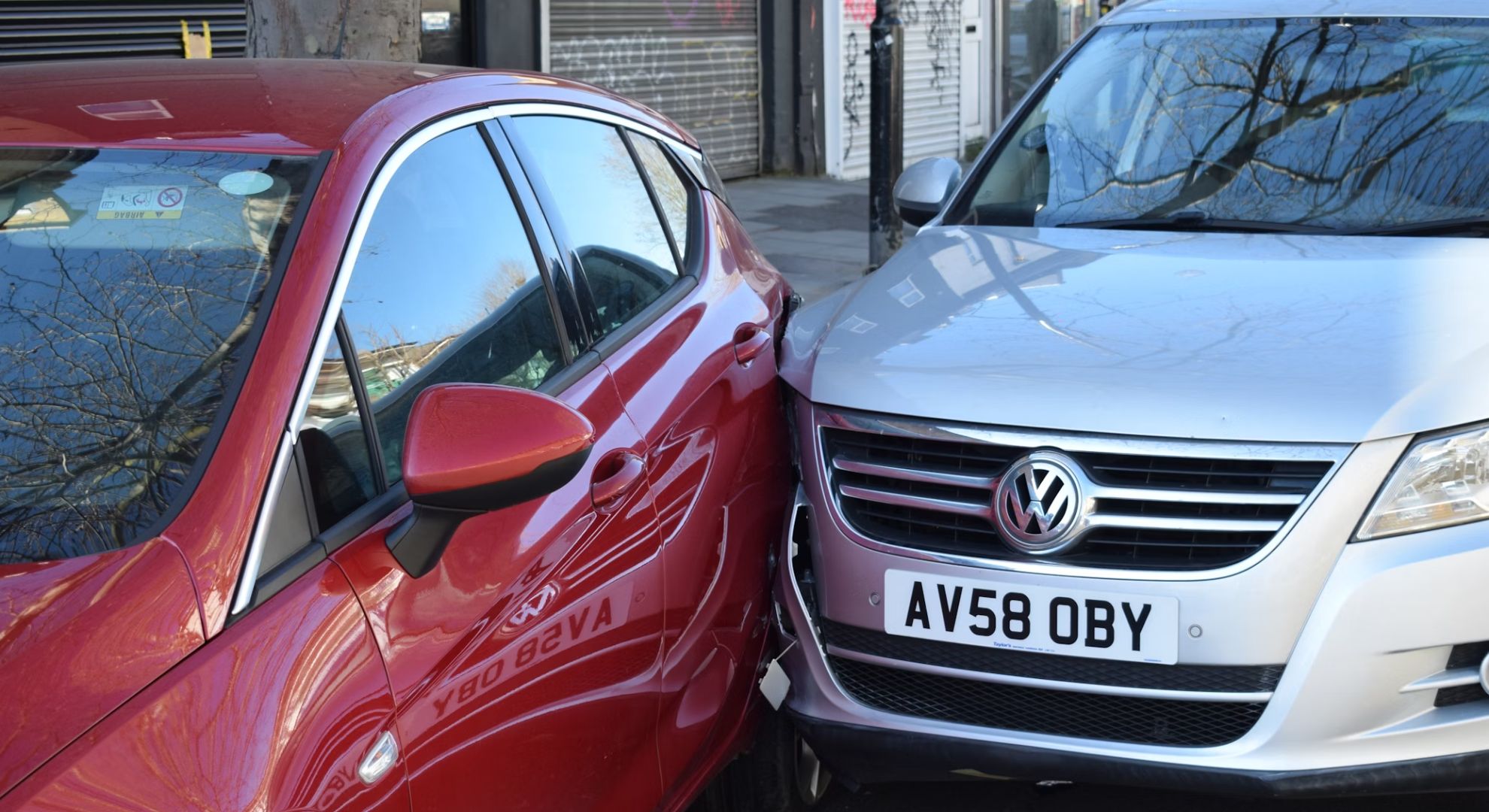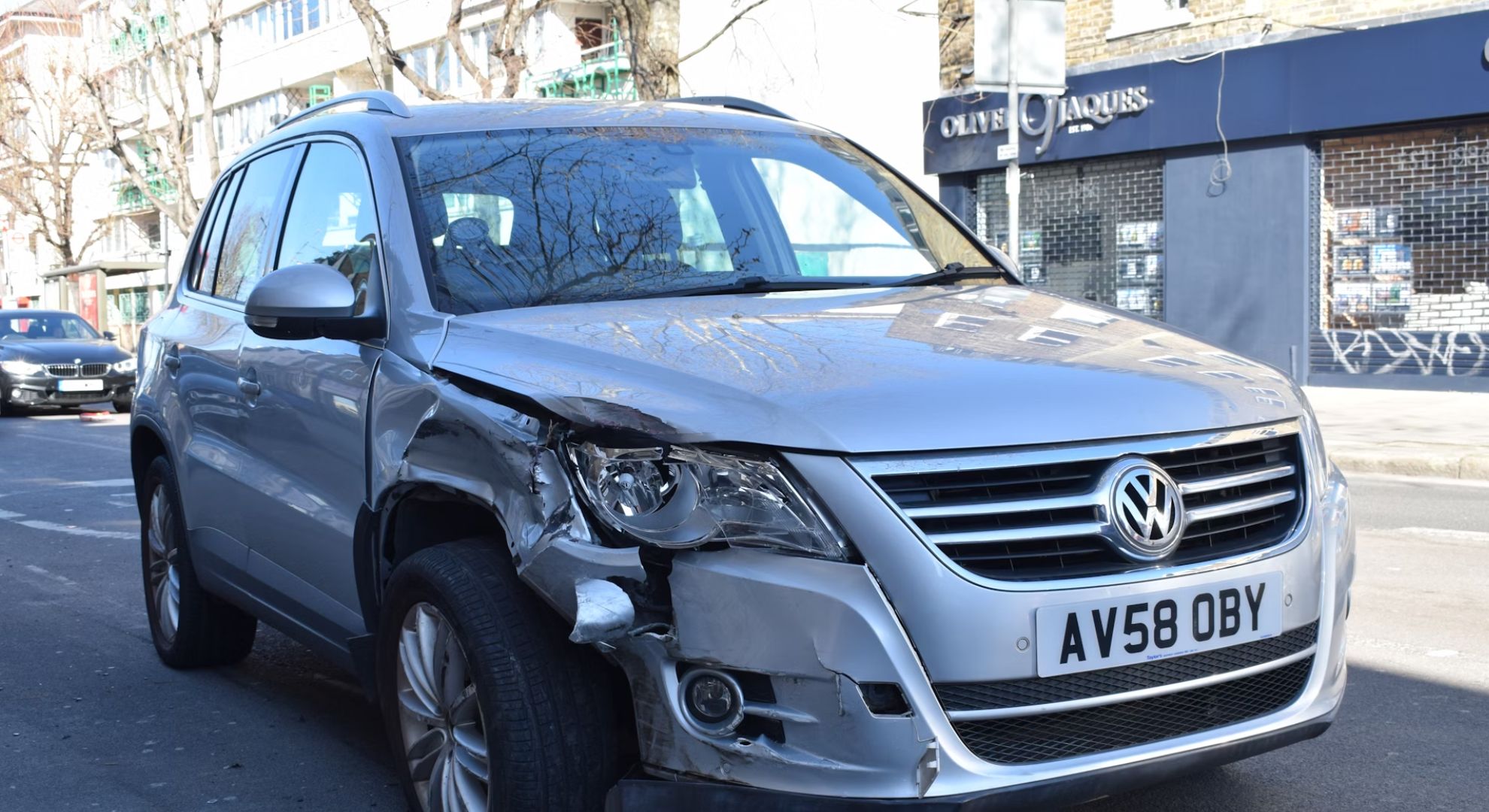If you’ve ever seen a used car listed as ‘Category C’ or noticed this term in your insurance documents, you may be curious about what it means.
In this guide, we’ll define a Category C write-off, explain the risks around buying one, how your resale value and insurance premiums may be affected – and the challenges around selling your car with this category.
Get a free valuation
What is a Cat C car?
Category C is a classification that was used by insurers to denote cars deemed unsafe or beyond economical repair following road accidents.
When a car is a Cat C write-off, this means that an insurer has determined the cost of repairing it to roadworthy condition would exceed its pre-accident value.
The choice whether to repair or sell your motor is yours. Although the insurer won’t pay for the repairs, a Cat C car can be safe to drive, if it’s repaired to a high standard. A Cat C car must also pass an MOT test before it can be returned to the road.
Category C was retired in October 2017, along with Category D. Under the current insurance write-off classification, a car that would previously have been Category C may now be categorised as Cat S if it has structural damage or Cat N if the damage is non-structural.
The insurance write-off categories used today are Categories A, B, S, and N. Although Cat C is no longer used, you may see older cars on the used market with this designation.

A Cat C car will have a lower resale value and cost more to insure than an identical model with a clean history.
Is it worth buying a Category C car?
Whether it’s worth buying a Category C car will depend on your circumstances and risk tolerance:
- The biggest draw of a Cat C vehicle is its significantly lower price.
- A Cat C car may be priced 50% lower than an undamaged equivalent of a similar age and mileage!
- A Cat C car can be an appealing option if you’re on a tight budget – or looking for a project car.
However, it's also important to consider the potential downsides:
- Insurance premiums for Cat C cars are typically higher – and some providers won’t insure them at all.
- Cat C cars have a steeper depreciation curve than those with a clean history, so you may recoup less of your investment when you come to sell it. However, the rate of value loss should taper off as the car gets older.
Tips for buying a Cat C car
A Cat C could offer a budget-friendly way to get on the road. However, there are a few things to consider before taking the plunge:
- Hire a third-party mechanic to inspect the car. This should give you some reassurance about its condition and reliability.
- If the inspection flags any concerning issues, consider whether it’s worth paying for the repairs.
- Research insurance quotes. Make sure that the cost of insurance won’t wipe out any savings.
- Buying a Cat C car carries greater risk. It could still be harbouring hidden issues caused by the accident that will only become apparent later.
Related: How to check if your car has a category

Selling a Cat C car
Selling your car privately can be tricky even when it has an unblemished history. However, when you’re selling one with a write-off category, things can get even more challenging!
Even if the repairs were carried out to a high standard, some potential buyers will still have reservations. It can be difficult to gauge how well a write-off car was repaired. The accident may have caused mechanical and structural problems that are not yet apparent.
You must be fully transparent about the car’s write-off status when listing and showing the car. The buyer could take legal action against you if it transpires that they were unknowingly sold a write-off.
Is it hard to sell a Category C car?
Yes, selling a Category C car on the private market or to a dealer can be more difficult.
The pool of prospective private buyers will be smaller than for a non-write-off. As a result, the private selling process may take longer.
A Cat C car carries a higher perceived risk compared to non-write-offs, as this status raises questions about its condition and reliability.
Although some dealerships will buy a Cat C car, many won’t. This may be due to repair and refurbishment costs, buyer hesitation, and the risk of reputational damage from selling a potentially faulty car.
These factors can make selling a damaged car a difficult and lengthy process, meaning you may be tempted to scrap your car instead. However, there are alternative options available for a quick, hassle-free sale.
Does webuyanycar buy Category C cars?
Yes, we can buy your Cat C car. We can help you avoid the uncertainty of privately selling your damaged car with a guaranteed sale! Here’s how it works:
-
Enter your reg number into our free car valuation tool.
-
Book your appointment at any of our 500+ UK branches.
-
Travel to your appointment and sell your car. We’ll send the money to your bank.
How does Category C affect car insurance?
A Category C designation can significantly impact your car insurance. Many insurance providers view Cat C cars as higher risk due to their history of damage.
As a result, you might face higher premiums compared to insuring a similar undamaged car. Some insurers may even refuse to cover Category C cars.
You should shop around and compare quotes from multiple providers to find the best deal for your car. Be prepared to provide details of the repairs carried out and any relevant documentation to support the car's roadworthiness.
It’s important to be fully transparent with your insurer to avoid any issues with future claims.







